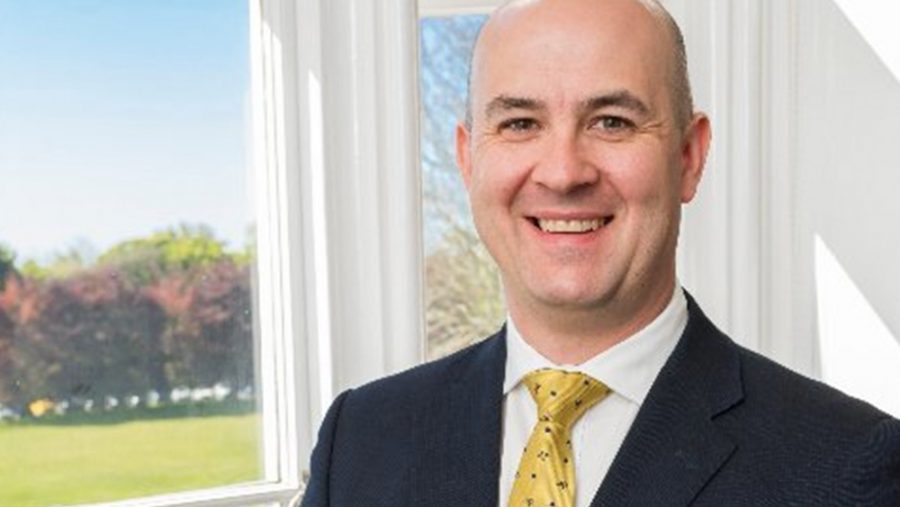Andrew Rhodes stresses importance of operator and regulator collaboration in IAGR keynote

Rhodes’ speech put an emphasis on international collaboration to tackle illegal gambling.
UK.- Andrew Rhodes, chief executive of the British Gambling Commission, has again emphasised the importance of international collaboration and collaboration between regulators and operators to tackle illegal gambling.
Delivering his keynote address at the International Association of Gambling Regulators (IAGR) Conference in Gaborone, Botswana, he said gambling regulators had to manage multiple interests and expectations.
He began: “The gambling industry is a truly international business and many of the operators we regulate, and we licence around 2,300 of them, you will also see in your countries, but approaches and tactics will be different, though many of the challenges are the same.”
Amid difficult choices to balance interests, Rhodes said the Gambling Commission was convinced by the transformative potential of projects such as its pilot GamProtect data sharing scheme, which aims to develop a single customer view (SCV) to improve customer protections.
He said: “This project has the long-term goal of making sure a gambler who risks suffering serious harms with one operator, will be protected by all operators, which I’m sure you’ll agree is an outcome worth working towards. We’re expecting a further update from industry on this project before it is expanded to cover more operators and more consumers as a result.”
Rhodes noted that Britain is a “liberal marketplace” by international standards and has a high channelisation level of 97.6 per cent. On illegal gambling, he said: “Whilst the illegal online market exists in Great Britain as it does elsewhere, it is not a significant concern and this position hasn’t fundamentally changed. However, that does not mean there is no illegal market or no risk.”
Work against illegal gambling
He noted that while gambling laws vary around the world, regulators have shared concerns on this issue. He said that work against illegal gambling depends on multiple factors including existing legislation, market characteristics and how rules are applied. He noted that the Gambling Commission has received extra funds in the past two years to tackle the issue and had prioritised “intelligence-led disruption efforts”.
He advised other regulators to “work upstream on protecting consumers”, noting that the Gambling Commission had worked with payment providers, software licensees, search engines, internet service providers and social media platforms to block access to illegal websites.
He added: “Many of the results we have been able to achieve in disrupting illegal online gambling have only been possible through strong collaboration with others.”
On the topic of collaboration, he said: “The world is too big for any one of us to act as the World Police. But working together, sharing experiences, we can achieve better outcomes for everyone. As more and more countries look to regulate online gambling, we at the Commission are more than ready to work with them, to support them in establishing their regimes and indeed to learn from their experiences, too.
“Last week we led a roundtable with nine US and Canadian jurisdictions representing over 60 per cent of the market in North America, to establish clear working relationships that will support all of us to be more effective. And I’m sure those won’t be the last.”
Rhodes’ emphasis on collaboration echoes comments made by Tim Miller, the executive director of the British Gambling Commission, at the Global Gaming Expo in Las Vegas. He said that collaboration would allow regulators to increase their impact and particularly efforts to eliminate unlicensed gambling.
He said: “The collective voice of gambling regulators across the globe pressuring big tech companies, banks and even some other jurisdictions to address the role they play in facilitating illegal gambling, will be much harder to ignore.”
He said that making gambling safer was “a driving force” behind the British government’s Gambling Act Review white paper. He said that today gambling regulations still vary greatly among jurisdictions, and that operator could be considered to be legal in one market but illegal in another. He said it was important that regulators understand each other’s rules.
See also: Gambling Commission: UK White Paper changes will enter force in 2024











